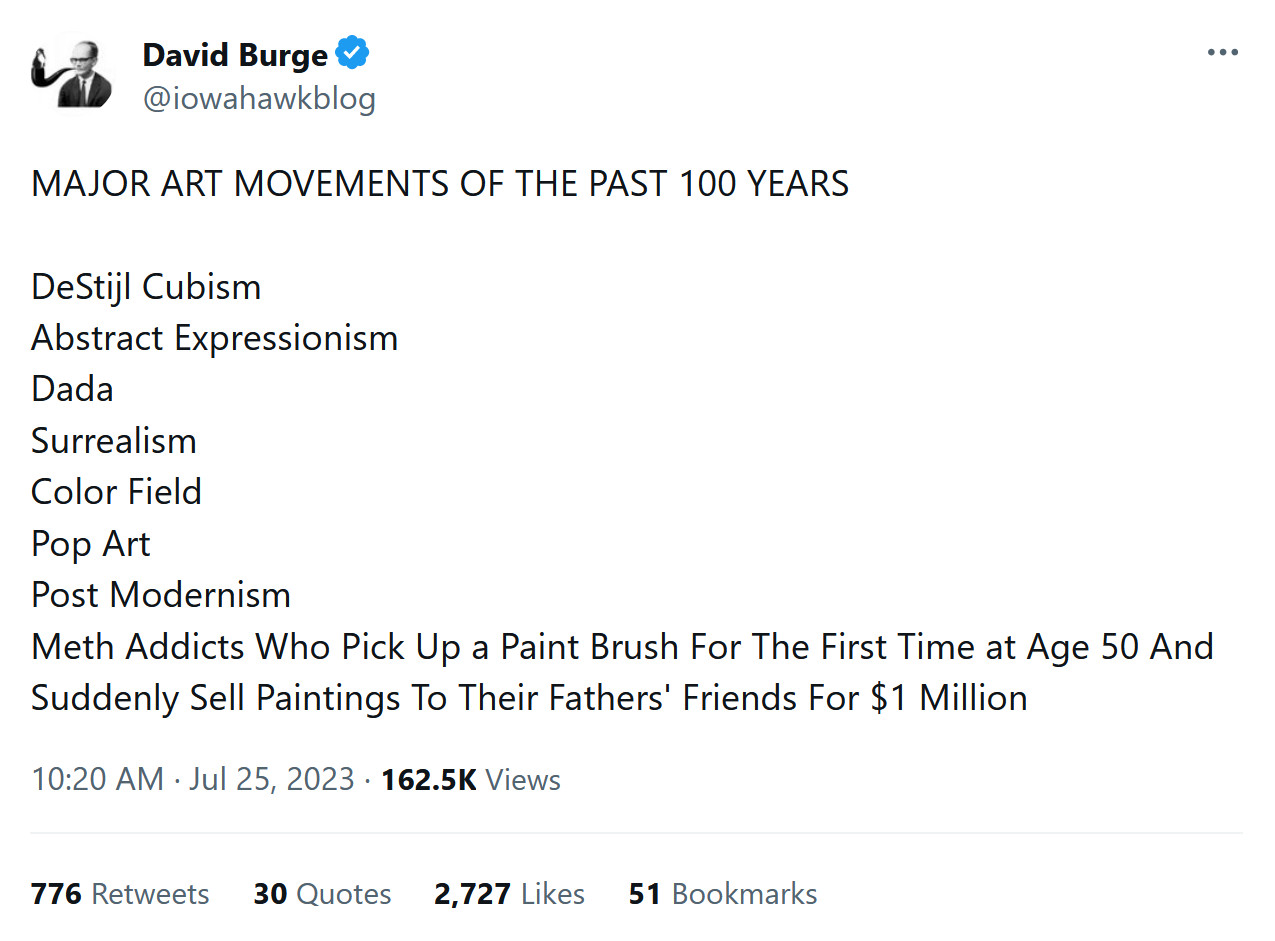MARK JUDGE: Stop Making Excuses for Hunter Biden’s Behavior. It Hurts Others Fighting Addiction.
In 1993, Francis F. Seeburger, a professor of philosophy at the University of Denver, wrote a profound book on the thought processes of addicts called Addiction and Responsibility. We tend to focus on the damage addiction does. A cliché among empathetic therapists, eager to describe addiction as a standard-issue disease, is that “no one ever decides to become an addict.”
But that is not exactly true, Seeburger shows. “Something like an addiction to addiction plays a role in all addiction,” he writes. “Addiction itself . . . is tempting; it has many attractive features.” In an empty world, people have a need to need. Addiction supplies it. “Addiction involves the addict. It does not present itself as some externally imposed condition. Instead, it comes toward the addict as the addict’s very self.”
Addiction plays on our strengths, not just our failings. It simplifies things. It relieves us of certain responsibilities. It gives life a meaning. It is a “perversely clever copy of that transcendent peace of God.”
And it definitely empowers the wannabe artist:

